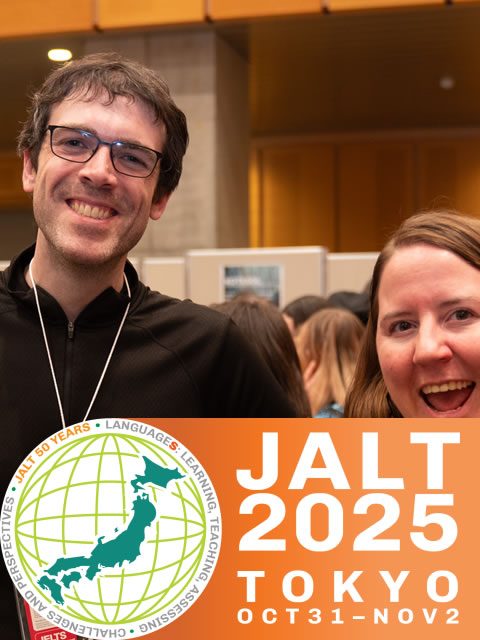IBARAKI: February— Talking about Death and Death Cafe by Masatoshi Shoji. In this presentation, Shoji introduced the activities at the Death Café he has launched in Sendai and proceeded with other foreign Death Cafes, becoming a global movement, with videos. Shoji was inspired by the idea of Death Café which Bernard Crettaz, a sociologist, began and he incorporated the activities of the Community Café based in Tokyo, where those who feel isolated can gather and socialize. Death has been considered a topic that people want to avoid talking about, but the Death Café has a casual setting with a non-profit basis, where attendees have coffee and cake, and is open to anyone, including strangers. The participants are not limited to those who experienced bereavement. In the Death Café, attendees are allowed to express their thoughts freely and they should not reach a specific result, and during the pandemic, the activities continued online. Also, there is an agreement printed that professional secrets for visitors and patients would not be revealed. In the second part of the program the participants experienced similar activities as the workshop, i.e., talking about death in the breakout room. Katakana pronunciation: Can we make it go away? by Najima Janjua. Janjua raised the question that pronunciation errors could lead to more serious errors in the education for medical students. She focused on the fact that Katakana writing in Japanese interferes with the pronunciation of the original language. This is because Katakana transforms foreign words so that they lose their original language pronunciation and acquire a uniquely Japanese pronunciation. Then she devised a tool to minimize the interference from the learner’s L1 and to avoid pronouncing English words in Katakana, and improving their intelligibility. Based on the scientific evidence, she verified the mechanism of Japanese Katakana interfering with the L2 pronunciation. Her experimental trials are named Practical Pronunciation Guide (PPG) and it provided students a promising approach in efforts to make Katakana go away, without using the IPA. This has already been demonstrated in her research conducted at her previous workplace, Kagawa University of Health Sciences. (2009 and 2010). Janjua’s studies concluded that in medical education, intelligible pronunciation was indispensable for safe and reliable care and could even be a matter of life and death.
Reported by Naoko Ochiai
NPO The Japan Association for Language Teaching
特定非営利活動法人 全国語学教育学会

